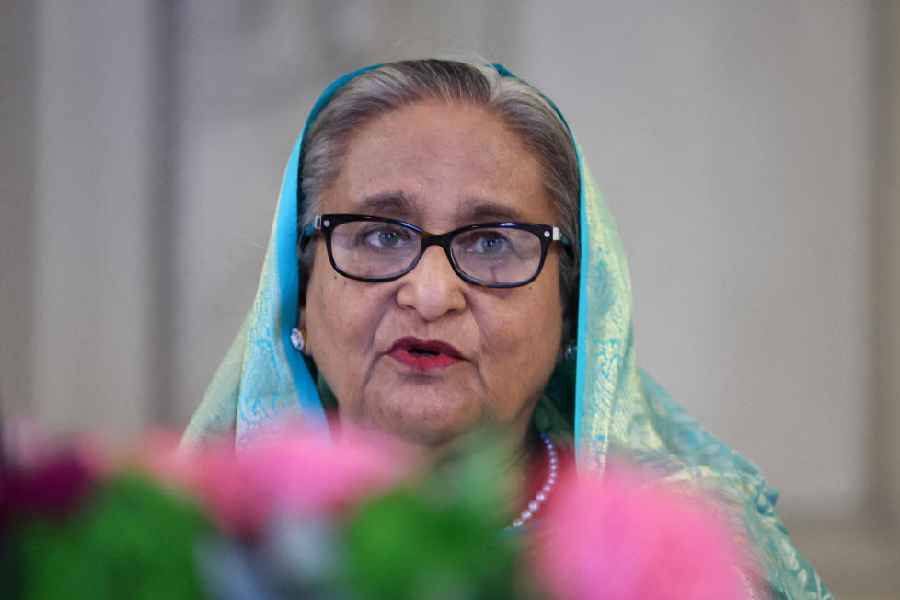Bangladesh has begun the trial of the former prime minister, Sheikh Hasina, on charges of crimes against humanity over her alleged role in the mass killings by law enforcement officials during the uprising against her rule in July 2024. Ms Hasina herself is in exile in India, but the case brought forward by prosecutors before the country’s International Crimes Tribunal reflects both the deep-seated anger against her rule that continues to dominate Bangladesh and just how much the country’s politics has changed. Prosecutors have accused Ms Hasina of directing the crackdown against protestors, many of them students, and of ordering some of the killings. She is also accused of failing to prevent mass murder during the clashes between protestors and security forces. Ms Hasina has denied the allegations, which she insists are politically motivated, and led by her opponents now in power in Dhaka. While the Tribunal deliberates the allegations against her, the case points to Bangladesh’s larger political challenge. The country cannot move forward until those who feel they were brutalised by security forces receive what they perceive as justice. But the nation also cannot step forward if the thin line between justice and retribution is blurred, or worse still, erased.
In recent months, evidence has grown of violent assaults against foot soldiers and former student leaders associated with Ms Hasina’s Awami League. Minority communities, which were seen as sympathetic to Ms Hasina, currently live in a climate of heightened insecurity following attacks against people and places of worship. Many of the political formations now dominant in Bangladesh are calling for a complete ban on the Awami League ahead of the country’s next elections. Meanwhile, Bangladesh’s Supreme Court last week acquitted an Islamist leader who had been convicted and sentenced to death by the ICT in 2014 for crimes against humanity during the country’s 1971 war of liberation. The Jamaat-e-Islami, which the leader belonged to, had supported Pakistan during the war. When judicial rulings change with the political climate of a nation, it undermines trust in the rule of law. If the evidence against Ms Hasina is strong, she must face the consequences of her actions. India, as her host, must reserve any reaction until the evidence is made public. But New Delhi must adopt a nuanced stance on the fluid situation in Bangladesh. A nimble approach, mindful of the emerging challenges in Bangladesh, should be prioritised by New Delhi as it watches the shifting ground in Dhaka.










